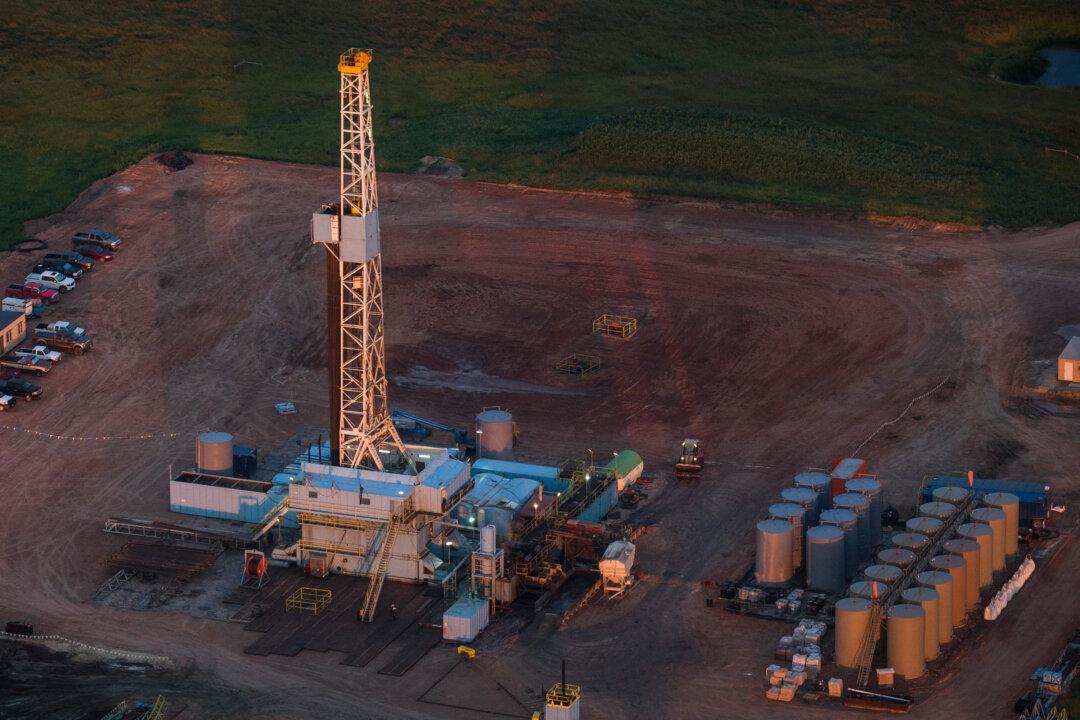An escalation of the latest conflict in the Middle East could send crude oil prices to as high as $157, according to a new outlook from the World Bank.
The international organization anticipates that oil prices will average $90 per barrel in the current quarter and decline to an average of $81 per barrel next year as global economic growth slows.





